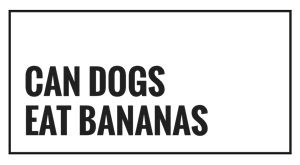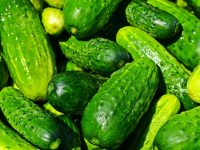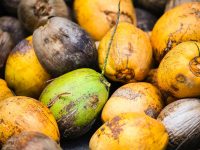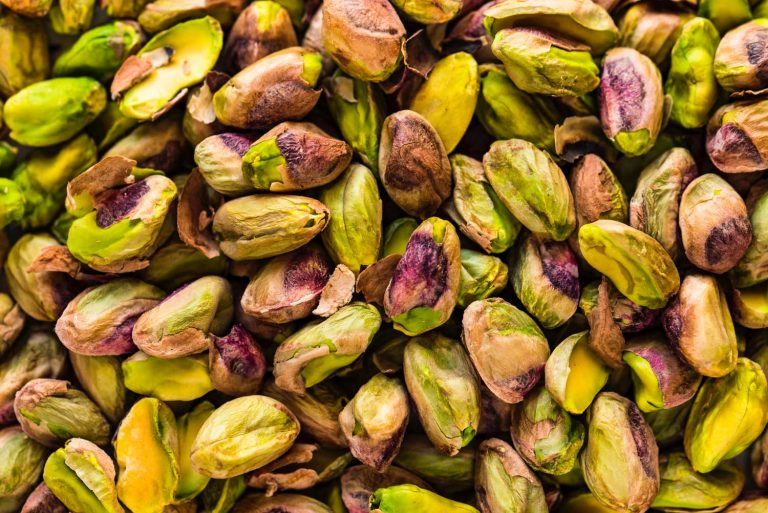You’re enjoying a bowl of pistachios when one rolls under the table. Before you can bend down to scoop it up, your dog has wolfed it down. Should you be worried? Are pistachios good for dogs? Which nuts are safe for canines to enjoy? Today we will explore these questions and more.
Can Dogs Eat Pistachios?
Before we really delve into nut health, let’s determine if it’s even safe for dogs to eat pistachios. So what’s the verdict on this particular nut? The answer is not as clear-cut as a simple yes or no.
Canine health publication Dogster determines that pistachios are not toxic for dogs. However, this does not make pistachios a recommended snack for dogs to regularly enjoy.
Are Pistachios Good for Dogs?
Are pistachios good for dogs? While you don’t have to panic if your pup manages to scarf down a pistachio or two, you may want to hold off before regularly sharing the nut with your dog. It turns out that pistachios are not a good snack choice for your dog.
Though pistachios aren’t toxic to dogs, they do have a very high fat content. It is dangerous for dogs to ingest large quantities of fat. The USDA estimates that one cup of pistachios has a whopping 56 grams of fat. This amounts to about 0.3 grams of fat per nut.
Ingesting too much fat could cause stomach issues, obesity, and other health concerns for canines. Overindulging in pistachios could even lead to pancreatitis in dogs.
However, pistachios are not overall considered an unhealthy food item. They contain Omega-3 fatty acids, potassium, vitamin C, and calcium. The pistachio nut also contains the daily recommended serving of B vitamins. While the nut has plenty of benefits, it just isn’t a good snack option for dogs.
Pistachio Perils for Pups
There are serious risks to be aware of if your dog consumes large amounts of pistachio nuts frequently. In addition to high fat level concerns, pistachios may pose problems for pups. For one, the pistachio nut may be difficult on your canine’s digestive system.
Additionally, pistachios have an oily liquid called urushiol present in them. This could cause possible allergic reactions for dogs, such as skin rashes and respiratory issues. Also, the high levels of phosphorous that are present in pistachios could be linked to canine bladder stones.
This one may seem obvious, but it’s still worth stating. Never give dogs nuts that are still in their shells. It is very dangerous for dogs to eat nut shells or fruit pits. They could cause dangerous digestive blockage. Additionally, the pistachio nut itself could pose a choking risk for dogs.
Signs of pistachio poisoning in dogs include dehydration, orange urine, vomiting, diarrhea, or greasy stool. If you have any concerns over your dog ingesting too many pistachios, call your vet right away.
Which Nuts are Safe for Dogs?
Are pistachios good for dogs? While they aren’t toxic, they are not a great snack choice for canines. But how do other nuts for dogs stack up? In the dog owner’s guide to nuts and seeds, Pet MD breaks down the safety of nuts for dogs.
There are several nuts that are generally safe for dogs to eat. These include peanuts, almonds, and cashews. However, never serve salted, flavored, or chocolate covered nuts to dogs.
Black walnuts and macadamia nuts are problematic nuts for dogs. Avoid feeding your dog either of these nut options. Also do not feed your dog any nut butter that contains the artificial sweetener xylitol.
Remember, all dogs react differently to new food products. Some dogs might not be nut compatible. Even if they are, always be sure to serve nuts in moderation.
Final Verdict
Overall, while you shouldn’t regularly be giving your dog pistachios, there likely won’t be any harm caused if she manages to consume one or two. However, pistachios are not a recommended snack for dogs. With all the other snack choices on the market, it’s easy to find a healthier treat for man’s best friend.
To read about the effects of other human foods on dogs, check out are eggs good for dogs.















